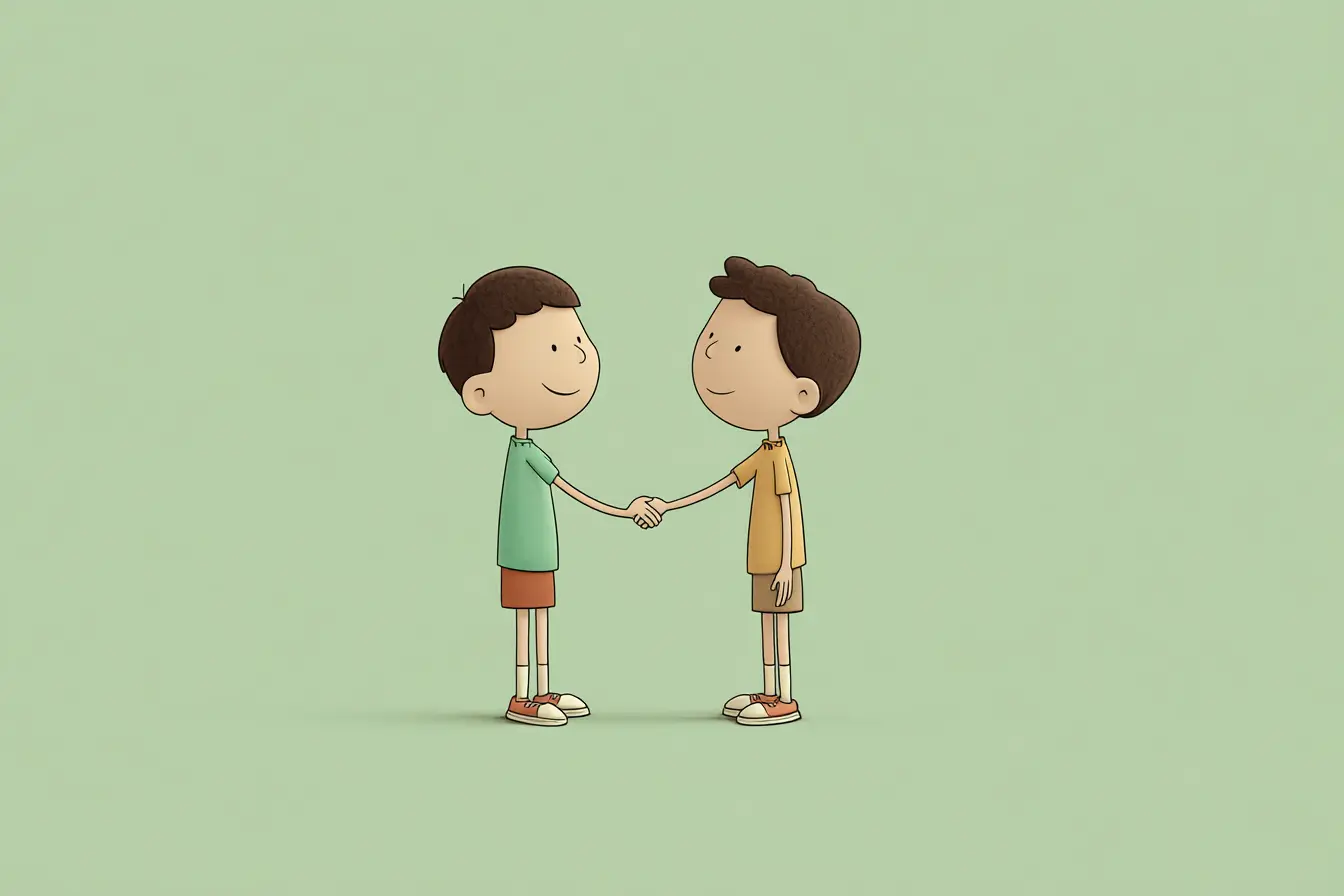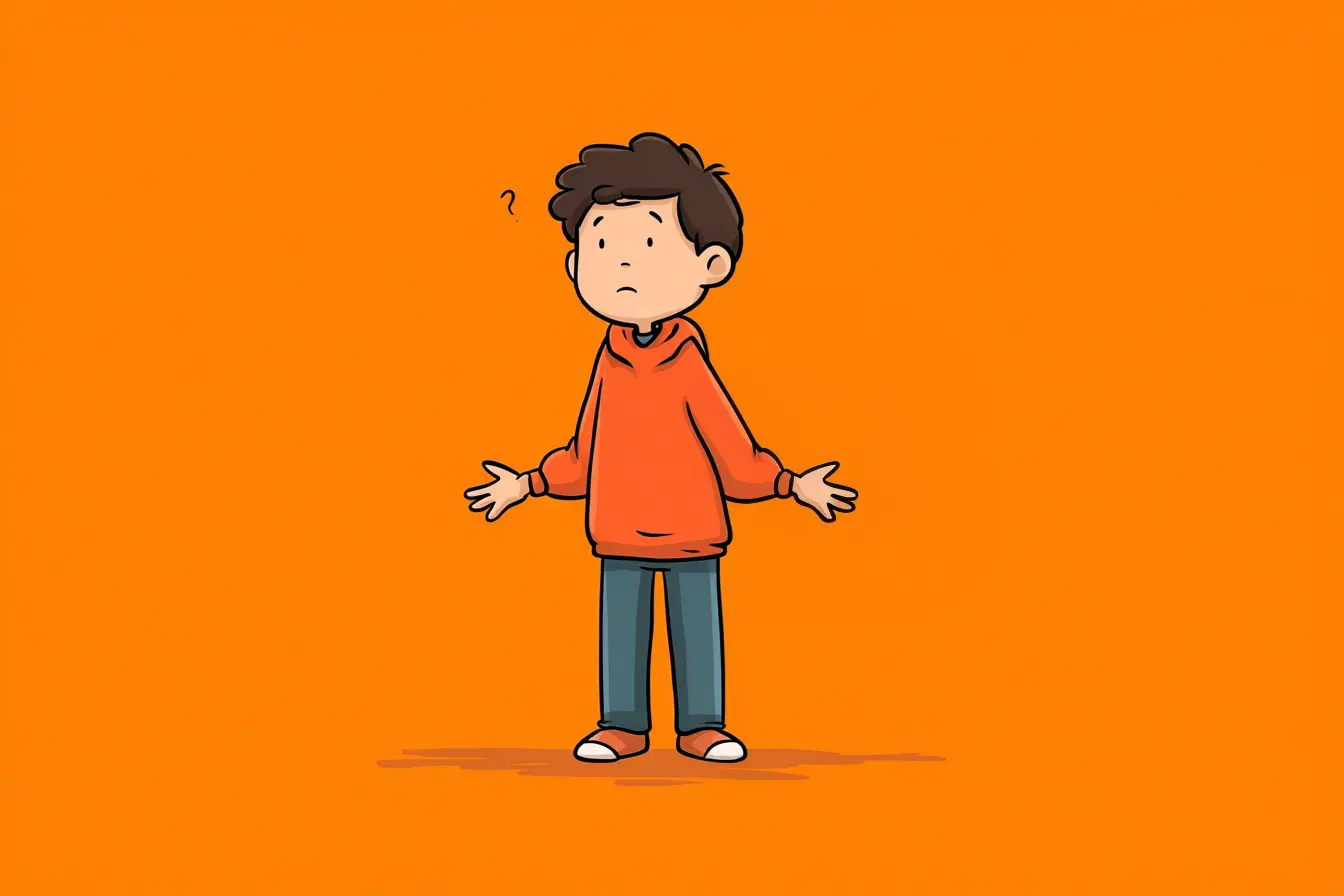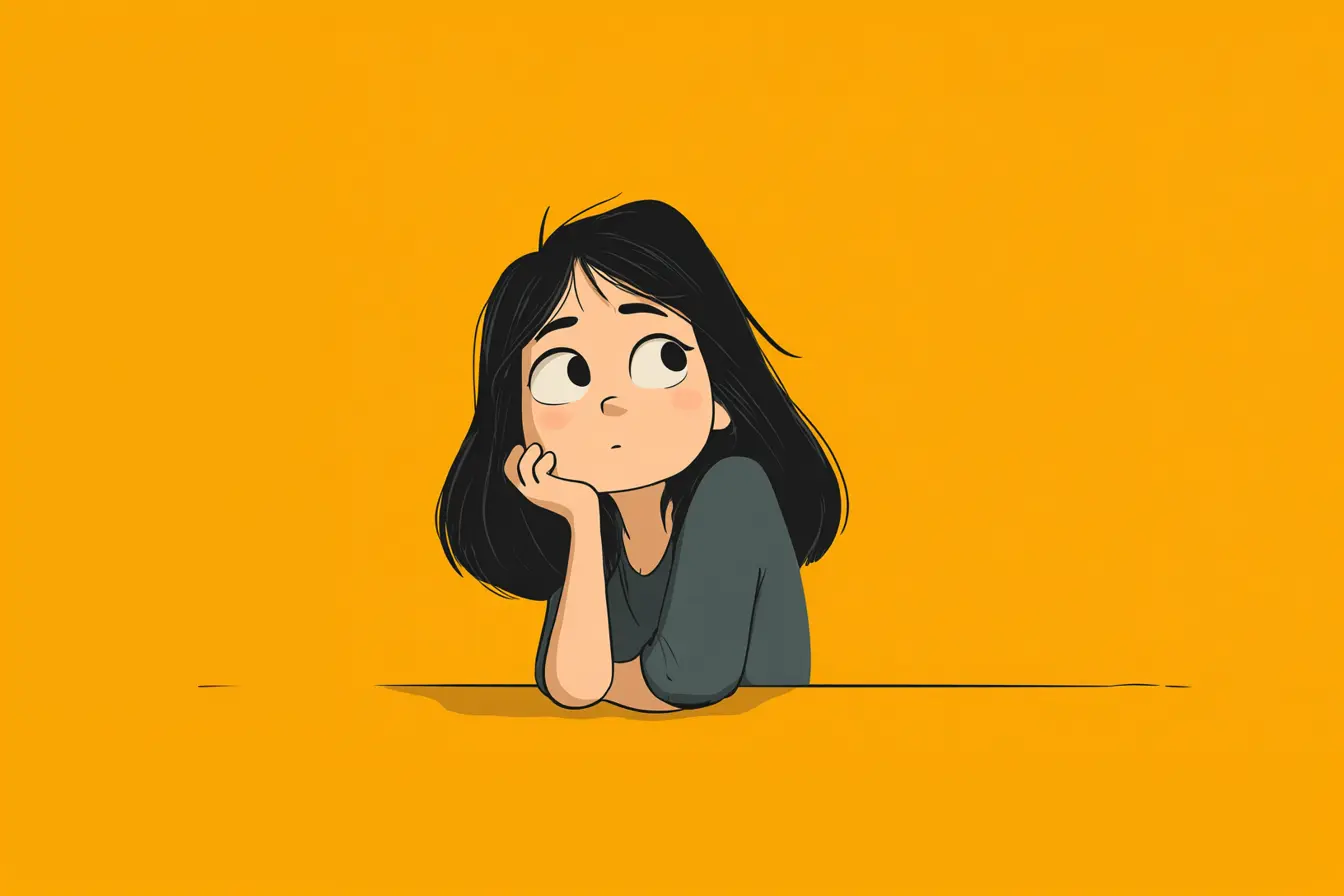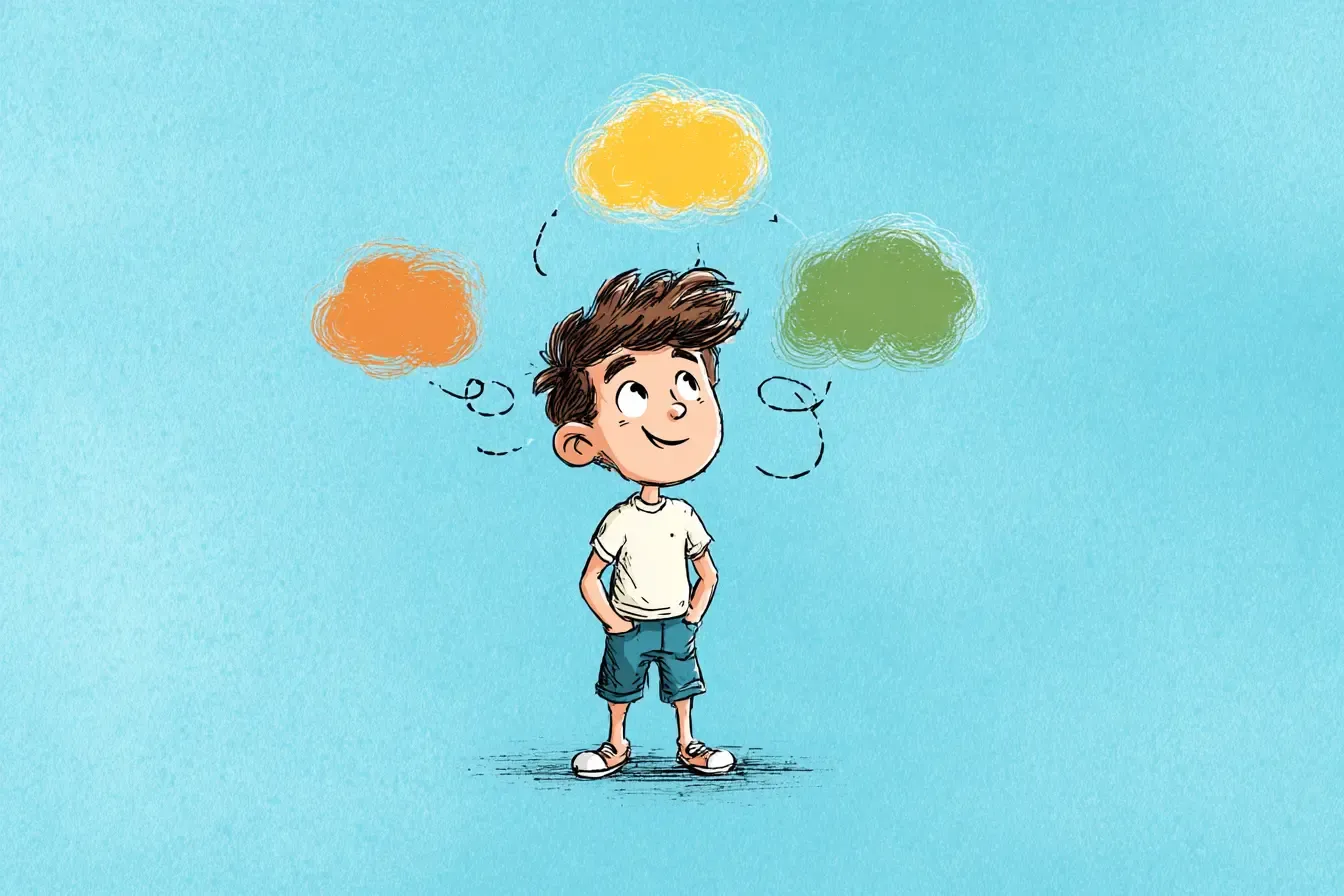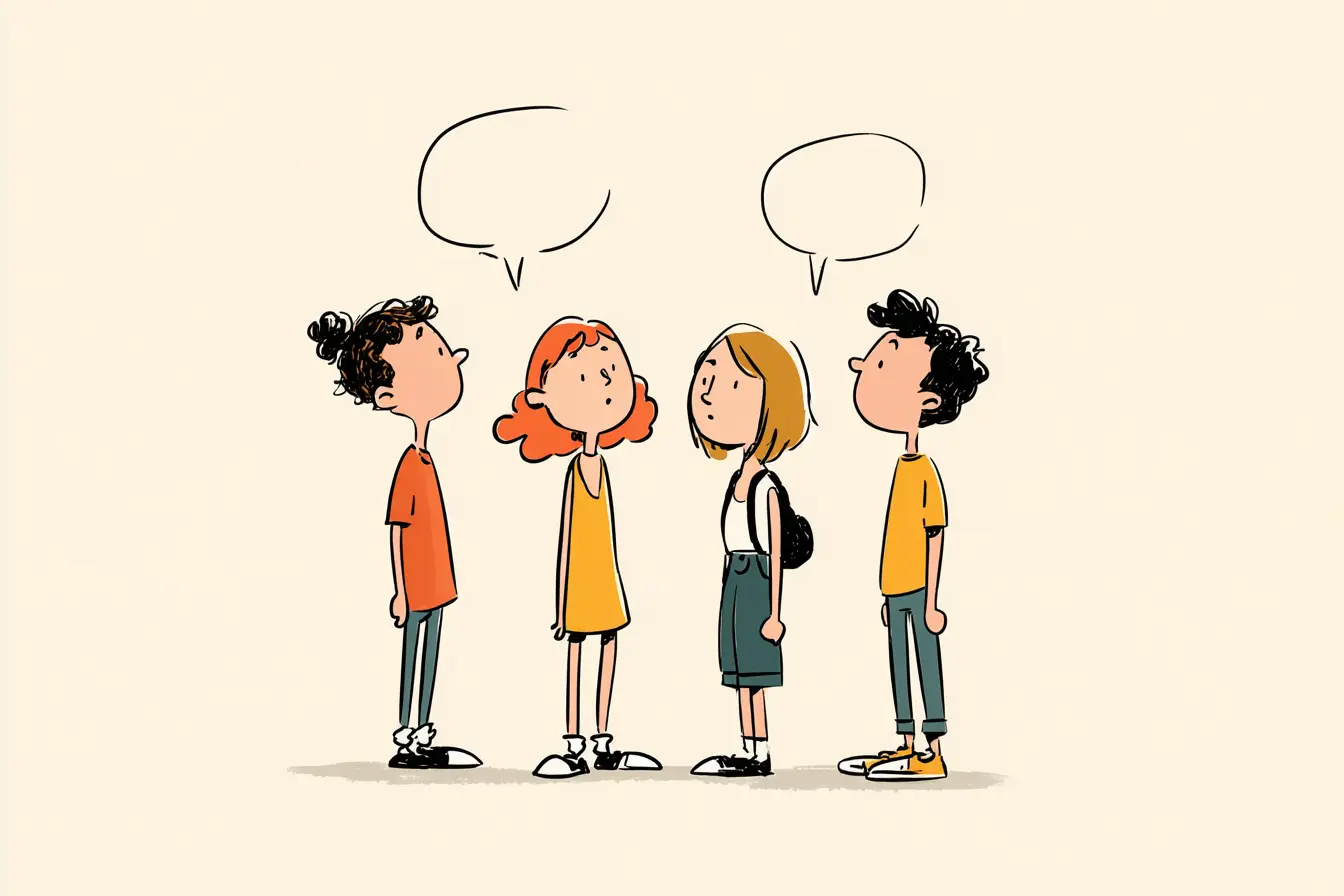Let’s be honest: learning a new language already feels like climbing a mountain. So what happens when you try to climb two at the same time? Is that brave? Brilliant? Or completely bonkers?
If you’ve ever asked yourself, “Can you learn two languages at once?”, you’re not alone. Plenty of language learners dream of juggling Spanish and Japanese, or brushing up on French while starting Korean. But is this multitasking magic or a recipe for burnout?
Let’s unpack it all: the science, the struggles, the smart strategies, and whether learning multiple languages at once is something you should try.
Is Your Brain Even Built for This?
Surprisingly, yes. Our brains are wired to handle more than one language, especially if you're using them for different purposes. Think of kids raised in bilingual homes: English at school, Arabic at home. Their brains adapt, and so can yours.
But here's the twist: just because it’s possible doesn’t mean it’s easy. Learning two languages at the same time takes planning, patience, and a good sense of humor when your brain randomly spits out the wrong word in both languages.
✅ When Learning Two Languages Can Work
Some situations actually make it easier and smarter to go bilingual (or trilingual!) from the start.
- The languages are very different. Learning Mandarin and Portuguese? Great. Your brain is less likely to confuse them.
- You’ve got a strong reason for both. Maybe you need French for work, but you’re dating someone who speaks Thai. Motivation is fuel.
- You already speak more than one language. If you’re bilingual, your brain’s got a head start.
In these cases, learning two languages at once can actually make the experience more exciting and dynamic. You switch gears, stay curious, and avoid getting bored with just one language path.
❌ When It Might Be Too Much
That said, it’s not for everyone. You might want to think twice if:
- You're a total beginner in both languages. Starting from zero in two languages is like juggling flaming swords… while blindfolded.
- You struggle with time or consistency. Two languages mean more hours, more repetition, more brain work.
- You’re learning for a tight deadline (like an upcoming trip or exam). You’ll probably make faster progress if you focus on just one.
This isn’t failure, just strategy. Focus doesn’t mean giving up; it just means sequencing your goals instead of stacking them all at once.
How to Do It Without Going Crazy
If you’re ready to go for it, here’s how to make it work without frying your brain.
1. Create a system
Designate clear times and methods for each language. French in the morning, Korean at night. Or split by days: Monday-Wednesday = Spanish, Thursday-Saturday = Italian. Keep them in their own lanes.
2. Separate your tools
Use different notebooks, apps, flashcards, playlists, podcasts. Don’t overlap. Even color-coding helps: blue for German, red for Japanese.
3. Switch up the learning style
Watch a show in one language, listen to music in the other. Read news in one, chat with a tutor in the other. Variety is your friend, and it keeps your languages from blending together.
4. Track your progress weekly
Not daily, weekly. That gives you space to breathe and measure how each language is going. One might be ahead of the other, and that’s totally okay.
The Upside: Benefits of Learning Multiple Languages at Once
Done right, this approach comes with serious perks.
Even if your progress is slower in the short term, you’re building a broader foundation that pays off later.
So… is learning two languages at once helpful or harmful?
It depends on how you do it. If you're organized, motivated, and okay with progress being a little messier, it can be a deeply rewarding challenge. But if you're looking for quick fluency or juggling a hectic schedule, there’s no shame in taking it one step at a time.
There’s no “one right way” to learn languages. There’s only your way, and that’s the beauty of it.
FAQ
Can I learn two languages at once?
Yes, you can, but you’ll need a system. It’s not about being a genius; it’s about being consistent, realistic, and motivated.
Is it bad to learn two languages at once?
Not at all, but it can be overwhelming. If you're getting stuck, confused, or frustrated, there’s no harm in focusing on one language and returning to the second later.
What’s the best combo to learn together?
Ideally, pick languages from different families (like Arabic and French) so your brain keeps them apart. Or, if they're similar (like Spanish and Italian), take extra care to separate your study materials and practice.




